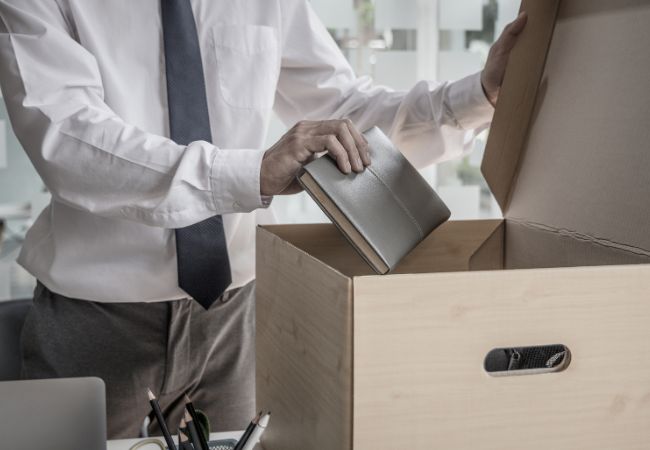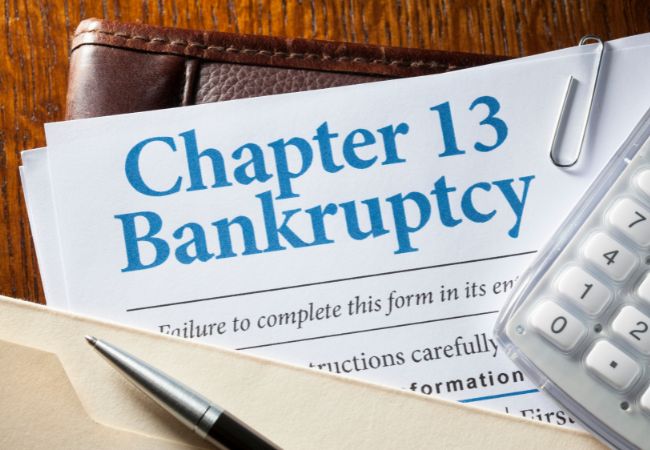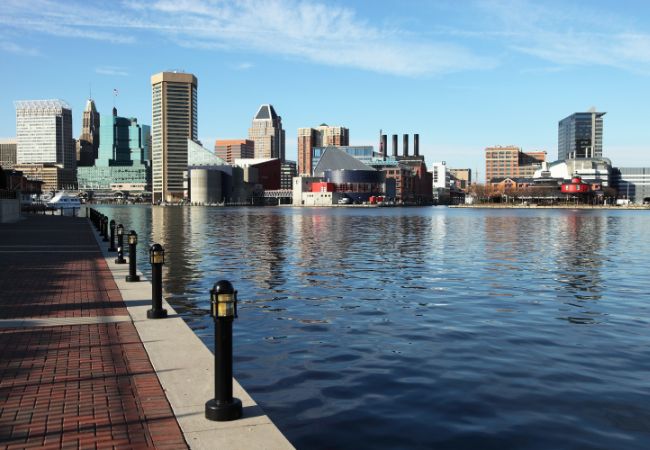Filing for Chapter 13 bankruptcy can help you regain control over your financial future, especially when you have a steady income to make regular payments toward your debts. But what happens if that income suddenly disappears? If you lose your job during Chapter 13 bankruptcy, it can feel overwhelming—but it does not mean you are out of options. Maryland residents, especially those in Baltimore and Dundalk, should know that bankruptcy law provides ways to adjust your plan and continue working toward a fresh financial start.
Answering the Question: What Happens if I Lose My Job During Chapter 13 Bankruptcy?
Understanding What Chapter 13 Bankruptcy Is
Chapter 13 bankruptcy is a repayment plan that allows individuals to pay back some or all of their debts over a period of three to five years. It is often used by people who have regular income but need relief from foreclosure, repossession, or high credit card debt.
The Importance of Steady Income
A steady source of income is critical to making your Chapter 13 plan work. When you file, the court approves a monthly payment amount based on your income, living expenses, and total debt. This payment must be made consistently throughout the plan period.
The Impact of Losing Your Job
Losing your job can affect your ability to make these payments, which could put your bankruptcy case at risk of dismissal. However, the court recognizes that life changes, and there are options to help you adjust your plan, seek relief, or shift to a different form of bankruptcy.
If Your Income Drops Because of a Job Loss, Your Chapter 13 Bankruptcy Options Will Include Asking for a Chapter 13 Plan Modification or a Hardship Discharge
When you lose your job or experience a significant income reduction, you must notify your bankruptcy attorney as soon as possible. The sooner you act, the more options you will have to adjust your case and protect your financial interests.
What Happens If My Income Decreases or I Lose My Job During Chapter 13?
If your income drops due to unemployment or underemployment, your attorney can help you file a motion to modify your repayment plan. This allows the court to adjust your monthly payments based on your current financial circumstances. The trustee and creditors will review your request, and if approved, you can continue your bankruptcy under the new terms.
Can I Lower My Chapter 13 Payment Permanently After a Job Loss?
Yes, you can request a permanent modification of your Chapter 13 plan if your job loss results in a lasting reduction in income. For the modification to be approved, you must:
- Show proof of your job loss and new income level
- Explain why the change is expected to be long term
- Propose a revised plan that is realistic and complies with bankruptcy rules
Keep in mind that your new payment must still be enough to cover priority debts like taxes or domestic support obligations and secured debt if you want to keep your house or car.
Request a Chapter 13 Hardship Discharge After a Decrease in Income
If your job loss makes it impossible to complete your repayment plan, and you cannot modify the payments, you may qualify for a hardship discharge. This type of discharge is only granted under specific conditions:
- The reason you cannot complete your payments is beyond your control
- You have paid as much as you can under your original plan
- Modifying the plan is not possible
A hardship discharge allows you to eliminate most unsecured debts, similar to a Chapter 7 case, without completing the full payment period. However, it does not eliminate all debts, such as student loans or certain taxes.
Convert Your Chapter 13 Case to Chapter 7 Bankruptcy
Another option is to convert your Chapter 13 case to Chapter 7 bankruptcy. Chapter 7 is a liquidation process that wipes out most unsecured debts and does not require a repayment plan.
To qualify for Chapter 7, you must pass the means test, which considers your income and expenses. If your job loss leaves you with little or no income, you may now be eligible. However, you should also consider whether you have nonexempt assets that could be sold in a Chapter 7 case.
Dismiss Your Chapter 13 Bankruptcy
If none of the other options work for you, you can voluntarily dismiss your Chapter 13 case. This will stop the case entirely and remove the court’s protection from creditors. Once dismissed, your creditors can resume collection efforts, including wage garnishments or foreclosure proceedings.
While dismissal can offer flexibility, it also removes the structure and protection of the bankruptcy case, so it is important to explore all alternatives before making this decision.
Navigating Your Bankruptcy Case With Help From The Law Offices of Nicholas J Del Pizzo
Losing your job during a Chapter 13 bankruptcy case can be stressful, but you are not alone. At The Law Offices of Nicholas J Del Pizzo, we help clients throughout Baltimore and Dundalk navigate complex financial situations and adjust their bankruptcy plans when life takes an unexpected turn.
Whether you need help requesting a payment modification, pursuing a hardship discharge, or converting to Chapter 7, our team is here to protect your interests and provide the legal support you need. We understand Maryland’s bankruptcy laws inside and out and are committed to helping you regain control of your finances.
Contact us today for a free consultation and let us help you move forward with confidence.



